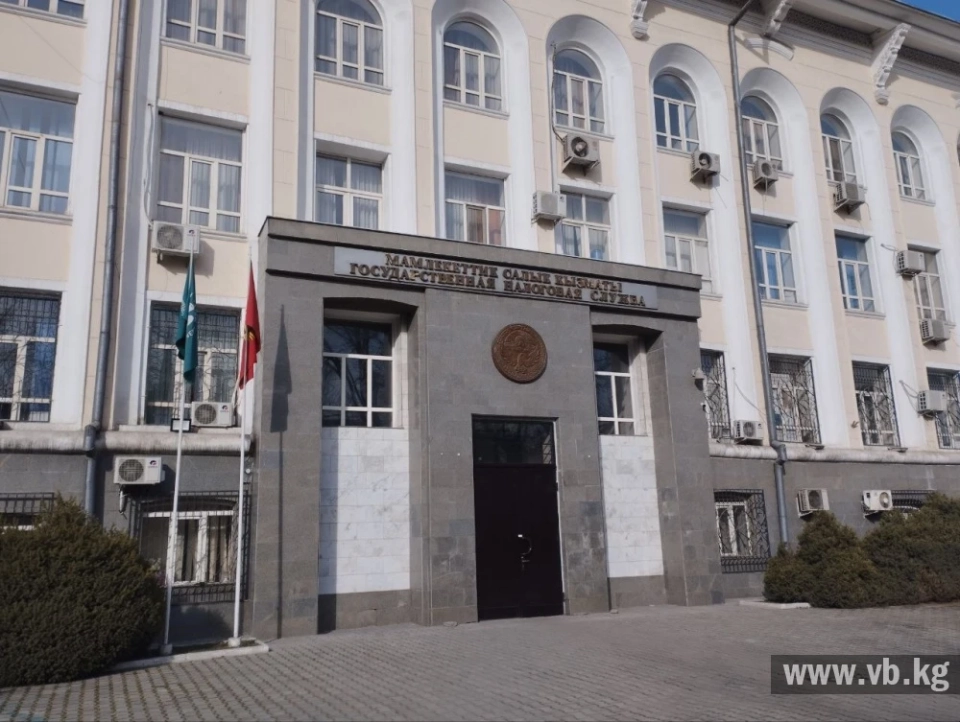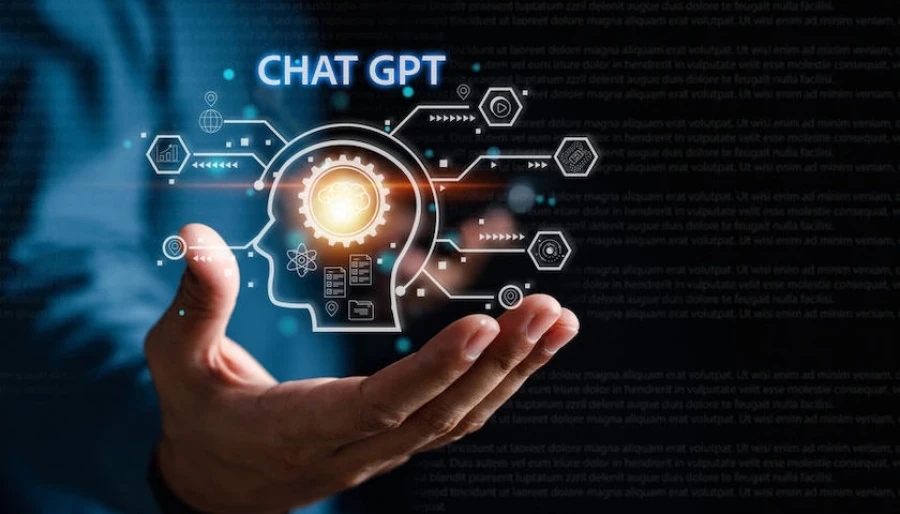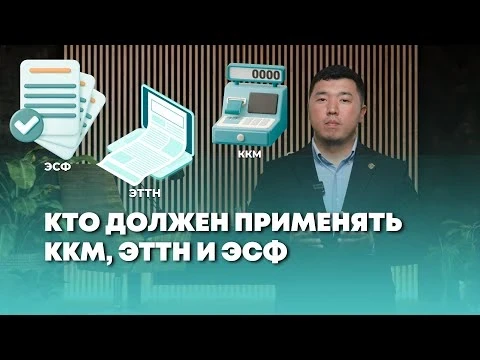What is included in the proposals?
The developed amendments propose updating terminology, excluding outdated concepts, and establishing modern norms for interaction between state bodies and telecommunications operators.The draft clarifies the rights and obligations of operators, who will be required to provide data at the request of authorized bodies, ensure technical capabilities for conducting operational activities, and provide access to digital systems in accordance with the law.
The draft law also includes a mechanism that will allow for the temporary suspension of telecommunications services for certain mobile devices if they pose a threat to national security, in situations of armed conflict or emergencies.
Furthermore, the item concerning the identification of international mobile device codes is excluded from the list of licensed activities.
According to the new norms, operators are required to:
- provide information about users;
- ensure the necessary technical conditions for operational and counterintelligence activities;
- provide access to databases and digital systems;
- interact with authorized bodies in the manner established by the Government.
Why is this necessary?
The GKNB emphasizes that the need for this draft law arises from the enactment of the Digital Code of the KR — a new legal act that replaces outdated laws in the field of telecommunications and digital technologies.Moreover, the committee believes that with the expansion of digital capabilities, new threats inevitably arise. Criminal groups actively use digital technologies to mask their actions, manage criminal activities, coordinate transnational networks, cyberattacks, and extremism.
Mobile devices, such as phones and tablets, are becoming tools that can threaten critical infrastructure, especially in times of crises and conflicts. Operational-search and counterintelligence methods must adapt to this technological dynamic, which requires the implementation of new technical solutions and the updating of the legal framework.
Centralized accounting of STMs will allow for the control of the receipt, storage, and use of such means, excluding their unauthorized circulation and loss. This will create an additional level of responsibility for officials and help prevent abuses.
The GKNB also emphasizes the importance of respecting human rights and freedoms, as STMs affect privacy and the secrecy of communications, which are protected by the Constitution and international agreements.
"A clear accounting system reduces the risk of illegal interference in the personal lives of citizens, promotes adherence to the proportionality of applying such means, and guarantees that the use of STMs will occur only on a legal basis and under appropriate control," the justification for the draft law states.
The full text of the proposed amendments can be found in the attached file:Comparative table for the GKNB KR draft law



















